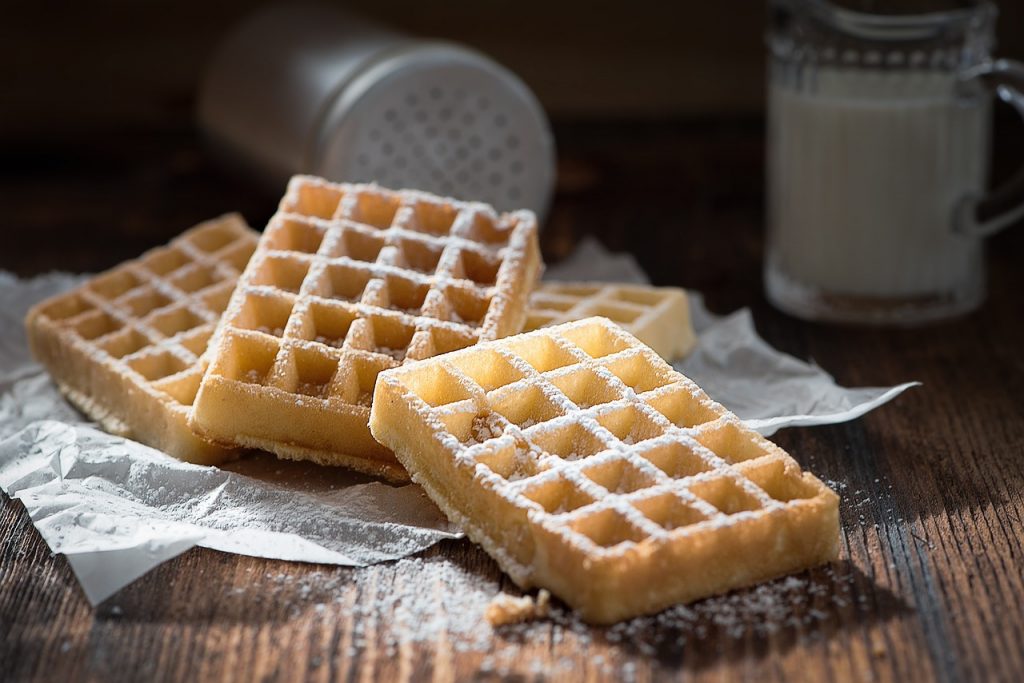 Non-alcoholic fatty liver disease (NAFLD) is a condition that can develop from overconsumption of fructose. Fructose is absorbed from the small intestine and is processed in the liver through the de novo lipogenesis pathway. The resulting fatty acids can build up in the liver tissue and this leads to serious metabolic function, affecting a wide range of hepatic metabolic pathways. Non-alcoholic liver is indistinguishable from alcoholic fatty liver and this relates to the similarity in the metabolic fate of ethanol and fructose. Both non-alcoholic fatty liver and alcoholic fatty liver can deteriorate further to form steatohepatitis and hepatitis which can ultimately result in death. A number of nutritional strategies are effective at treating non-alcoholic fatty liver and these centre on the elimination of fructose from the diet, including in its sucrose form. However, a number of nutritional protective factors have been identified and some of these are amino acids in their free form, including l-glutamine and l-citrulline.
Non-alcoholic fatty liver disease (NAFLD) is a condition that can develop from overconsumption of fructose. Fructose is absorbed from the small intestine and is processed in the liver through the de novo lipogenesis pathway. The resulting fatty acids can build up in the liver tissue and this leads to serious metabolic function, affecting a wide range of hepatic metabolic pathways. Non-alcoholic liver is indistinguishable from alcoholic fatty liver and this relates to the similarity in the metabolic fate of ethanol and fructose. Both non-alcoholic fatty liver and alcoholic fatty liver can deteriorate further to form steatohepatitis and hepatitis which can ultimately result in death. A number of nutritional strategies are effective at treating non-alcoholic fatty liver and these centre on the elimination of fructose from the diet, including in its sucrose form. However, a number of nutritional protective factors have been identified and some of these are amino acids in their free form, including l-glutamine and l-citrulline.
For example, oral l-glutamine has been shown to decrease a number of markers of liver damage in mice. In particular, cellular markers of possible liver damage including inducible nitric oxide synthase (iNOS) protein and lipid peroxidation were significantly decreased in l-glutamine fed mice compared to control mice. Interestingly, the liver damage was induced by feeding the mice a Western style diet that contained high amounts of cholesterol and fructose. L-glutamine has been shown to decrease inflammatory conditions, and this may relate to its ability to increase levels of the cellular antioxidant glutathione, which may in turn decrease oxidative stress and the subsequent inflammation it causes. The hepatoprotective effects of l-glutamine on hepatic damage have been reported in other animal models, and so the protective effect may not be confined to mice. The ability of l-glutamine supplements to increase cellular glutathione concentrations in humans may suggest that oral supplementation with l-glutamine may also be protective of liver damage.

The best treatment for non-alcoholic fatty liver disease (NAFLD) is cessation of the consumption of all refined crystalline fructose. However, a number of nutritional strategies may act to decrease the severity of any damage cause by over synthesis of fatty acids in the liver. In particular, the consumption of certain free form amino acids such as l-glutamine and l-citrulline may be effective.
L-citrulline in another amino acid that may protect the liver from non-alcoholic fatty liver disease. Rats were fed a 60 % fructose diet to induce increased de novo lipogenesis, and then some of the rats were fed citrulline, while others were fed an isonitrogenous quantity of non-essential amino acids. Fructose feedline lead to significant increases in visceral fat, insulin resistance, plasma triglycerides and altered amino acid plasma concentrations in the rats, when compared to rats fed normal rat chow. Plasma levels of arginine were significantly reduced in the fructose fed rats. However, neither citrulline or the non-essential amino acid fed rats showed any alteration to plasma amino acid levels. Citrulline reduced expression of the fatty acid synthase gene and increased levels of plasma arginine to levels seen in the control rats, suggesting a protective effect against the accumulation of fatty liver accumulation and changes to amino acid metabolism. Both citrulline and the non-essential amino acid mixture returned expression of a number of genes involved in fat metabolism to levels seen in the controls.
Eat Well, Stay Healthy, Protect Yourself
RdB
